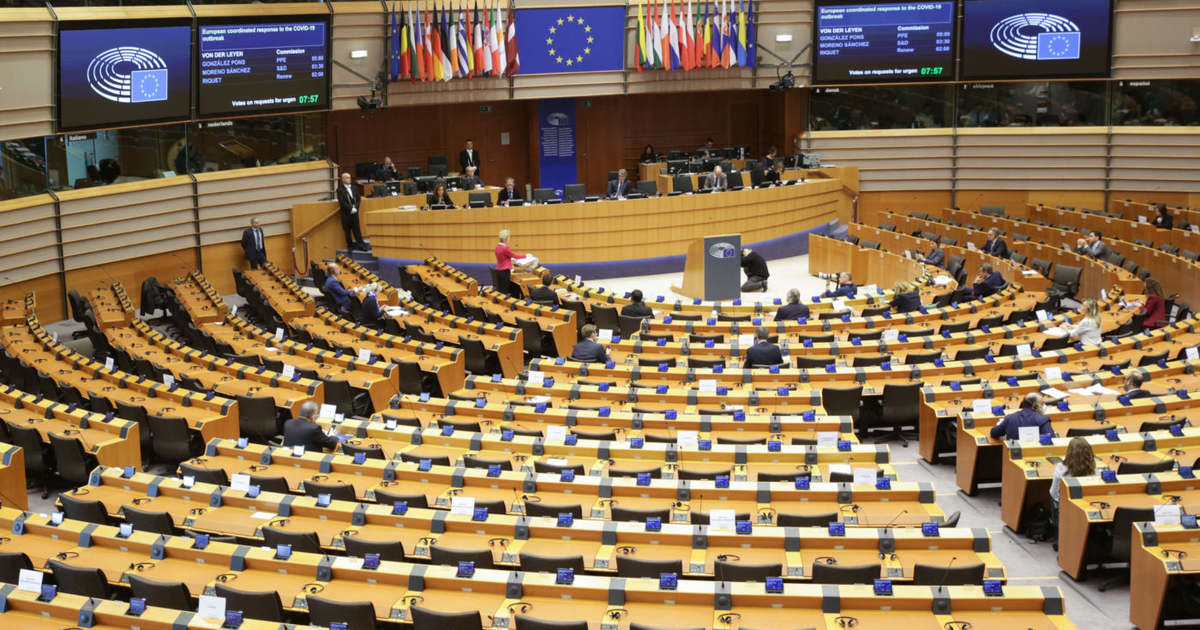All 27 EU member states support the temporary and temporary implementation of the Trade Relations Agreement between the European Union and the United Kingdom last Thursday, January 1, said Sebastian Fischer, spokesperson for Germany’s EU Presidency, in a message on Twitter.

Photo: Aris Oikonomou / AFP
As he wrote,
The implementation of the agreement has been granted the green light by European Union ambassadors representing member states,
Who kicked off an initial review of the 1246-page EU-UK trade agreement last Friday with Michel Barnier, the European Commission’s chief negotiator for Brexit.
The provisional implementation of the agreement has become necessary because the agreement must also be approved by the European Parliament, which will only be possible in the new year.
‼ Green light for Brexit dealThe European Union Ambassadors unanimously approved the provisional implementation of the Trade and Cooperation Agreement between the European Union and the United Kingdom, effective January 1, 2021.
👉 Next step: Final accreditation using a written procedure. Deadline: tomorrow, at 15.00. #TCA #Coreper 🇪🇺🇬🇧 pic.twitter.com/k76Iei9xm0
– Sebastian Fischer (@Safischer_EU) December 28, 2020
In addition to the European Parliament, the agreement must be ratified by the British legislature and approved by the Council, which includes the member states. Via EU ambassadors, member governments have already expressed support for the interim implementation of the agreement on Monday, and the decision is expected to be made official on Tuesday.
The purpose of the provisional application is to prevent major disruption in relations between the European Union and the United Kingdom. The provisional implementation will make it possible to prevent the dire consequences of the end of the transition period until January 1, which would also pose risks to citizens and businesses.
The United Kingdom withdrew from the European Union on January 31, 2020. On the day of his departure, a transition period began until December 31, with the aim of allowing time to agree on the terms of the bilateral system, in particular the Free Trade Agreement. In negotiations since February, the heated debate between London and the European Union has been over the issue of equal opportunity and fisheries regulation, as well as over the legal tools available to enforce and punish potential breaches of the contract if an agreement is reached.
Failure to comply with the agreement meant that trade between the UK and the EU would continue from January 1, that is, from next Friday, under the general rules of the World Trade Organization (WTO), which would have necessitated the introduction of tariffs into trade.












































